Space is the final frontier, but it’s also a very hostile environment. Science fiction would have us believe that laser blasters, space suits, and robot sidekicks are all we need to master this new place, but the reality of space travel is that it is extremely harsh. Vacuums, radiation, and even rust pose threats to any visitor. However, does metal rust in space?
Yes, metal tends to rust in space because the conditions in space are not conducive to rust prevention. Several factors affect how quickly objects rust in space. How much oxygen is available? What kinds of chemicals are being released into the environment? These are just two examples of variables that can cause things to corrode faster or slower in space.
Also, while there are possibilities of a metal rusting in space (if the metal contains iron), it is minimal because the amount of moisture or water and oxygen in the air is not capable of starting a reaction that can lead to a metal having oxides which are also known as rust.
In this article, you are going to understand how metal rusts in space, the duration, and how to prevent it from occurring
Contents
How Metal Rust Occur?
Rusting cannot occur if both oxygen and water are not present. According to scientists, the little amount of oxygen (O2) or water present in outer space conducts photolysis with metals, resulting in metal oxides such as rust (Fe2O3).
This process occurs when a metal comes in contact with moisture or water in the air, which generates hydrated iron oxide that rusts.
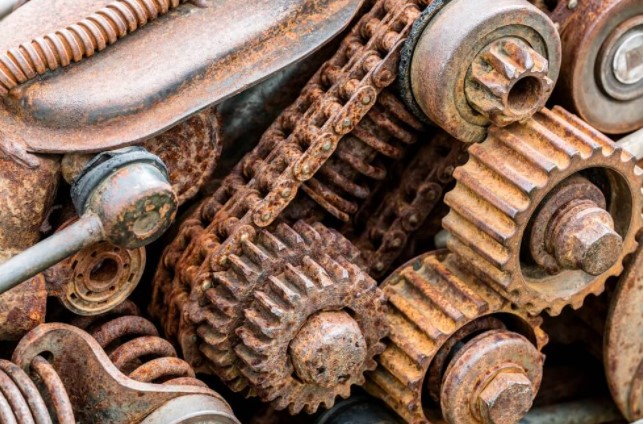
During the early stage of rusting, water breaks up the oxygen molecule which aids the metal’s reaction with oxygen; iron loses electrons while oxygen absorbs them.
Water reacts with the ferric ions and ferrous present in the iron to generate ferric hydroxide, ferrous hydroxide, and hydrogen. To produce more iron compounds, the hydroxides lose their water content.
All these chemical reactions work together to form the rust particles which fall off the piece of iron and expose the inner part of the iron which gets acted on leading to it getting rusted as well.
How Metal Rust Spread?
Iron corrosion does not spread by contact. Rather, it occurs on its own depending on the environment surrounding a specific piece of metal.
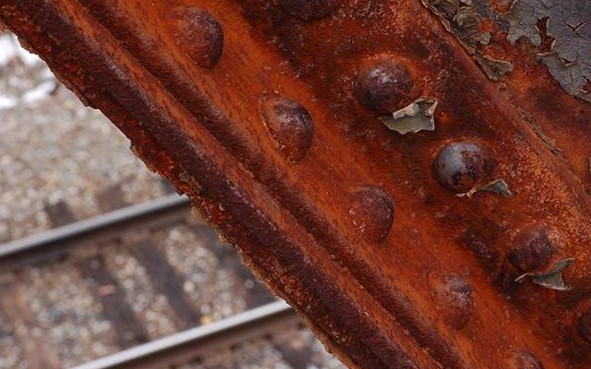
This means that if one section of the metal is exposed to moisture or water, oxygen, and electrolytes while the other part of the iron is dry and clean, the dry part of the iron will not rust at the same pace as the wet part. Depending on their composition, different metal alloys will corrode at varying rates.
How Metals Rust in Space?
Metal doesn’t fully rust in space or doesn’t rust in the same manner if it were on earth due to the changes in the quantity of water available in outer space. On earth, rusts in metals occur when the metal comes in contact with molecules of water, causing some of the metal atoms to oxidize and form metal oxides.
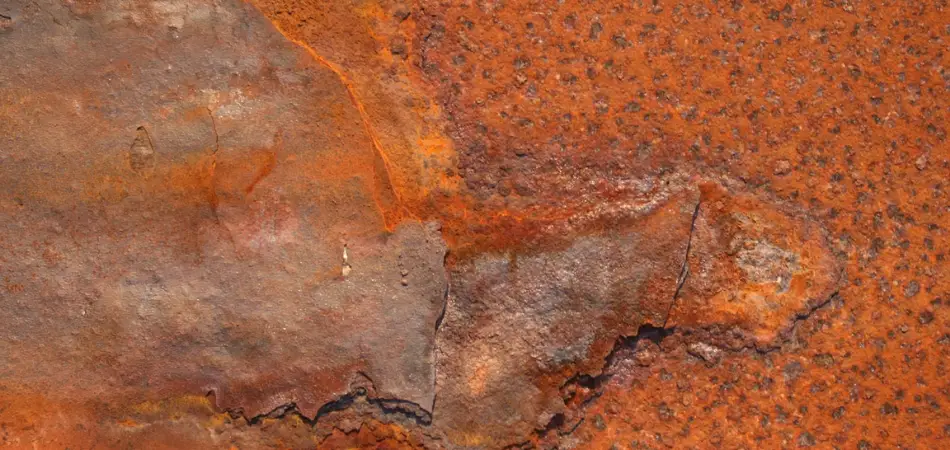
Also, since oxygen atoms are also needed for metal to rust, then the possibility of metal rusting in space is less or it will undergo a partial rusting process.
How to Prevent a Metal from Rusting?
Even though a majority of metals rust, galvanization is a process through which the reaction can be prevented, for metals that are suspended in space. Galvanization is a corrosion-prevention process mostly used on steel where the metal is dipped in a zinc coating, which protects it by stopping the metal’s reaction with oxygen and water molecules.
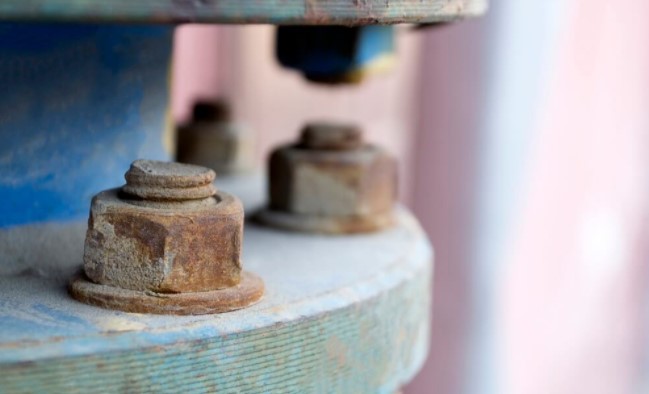
But whenever steel that has been coated with zinc gets its surface scrapped or scratched, the exposed part will become susceptible to corrosion. Also, specially manufactured paint can be used to coat metal to prevent it from rusting.
Is Rust An Iron Oxide?
Rust is the general name for iron oxide, a type of corrosion that occurs when iron or its alloy, like steel, combines with oxygen in the presence of water or high air moisture.
It is a type of electrochemical reaction that occurs on a molecular level, where electrons flow from iron molecules to the oxygen molecules in the surrounding environment, changing the constitution of the iron and transforming it to rust.
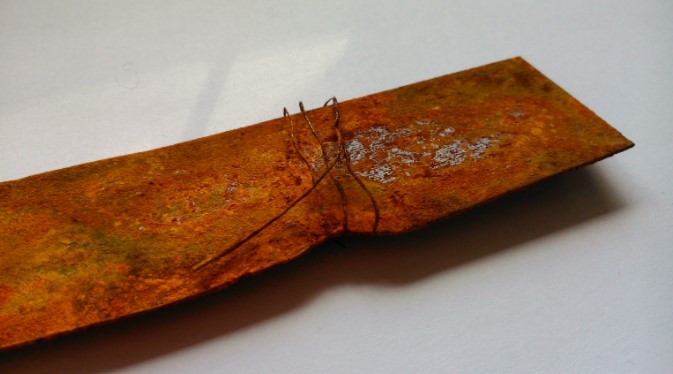
This phenomenon happens to iron regularly that it’s almost impossible to locate a piece of iron that does not have an oxide on it. Rusting is normally slow and gradual, but it is hastened by water, particularly if the water contains a high concentration of substances that help electrons move (electrolytes). This is why rust spreads more rapidly when salt is present.
Frequently Asked Question (FAQ’s)
Does Air Rust Metal?
Corrosion/rusting does not occur in dry air, even though oxygen makes up around 21% of the air components. But in rare but slow occurrences, once the acid attacks the metal, water will be broken down into hydrogen and oxygen.
Then, the iron oxide will be formed when free oxygen and dissolved iron combine, releasing electrons that can move to other parts of the metal.
Why Does Metals Rust Slowly in Outer Space?
Metal rusts rather slowly in space because there is relatively less oxygen or moisture in space, and this also makes the reaction not happen fast or through the same process.
Are There Metals That Survive in Space?
Yes! Titanium and aluminum are two metals that can survive in space.
Titanium which is mostly used in jets is a lightweight metal that can be used alone or in alloys for aerospace materials. It survives and doesn’t rust in space due to its high resistance to the harsh conditions of outer space including temperature changes, solar, and celestial radiation.
Also, aluminum does not rust easily because the surface has an aluminum oxide protective layer that prevents the metal from having contact with airborne oxygen or moisture. Metals like copper oxidize as well and give a green color but the end product of the reaction can’t be referred to as rust.
Bottom Line
Rusting of metals is a photochemical process that occurs both in space and on earth, and for this process to take place, there must be some amount of water and oxygen atoms present to facilitate the process.
Since there are fewer amounts of these materials in outer space, it makes the possibility of metal rusting in space relatively low.

